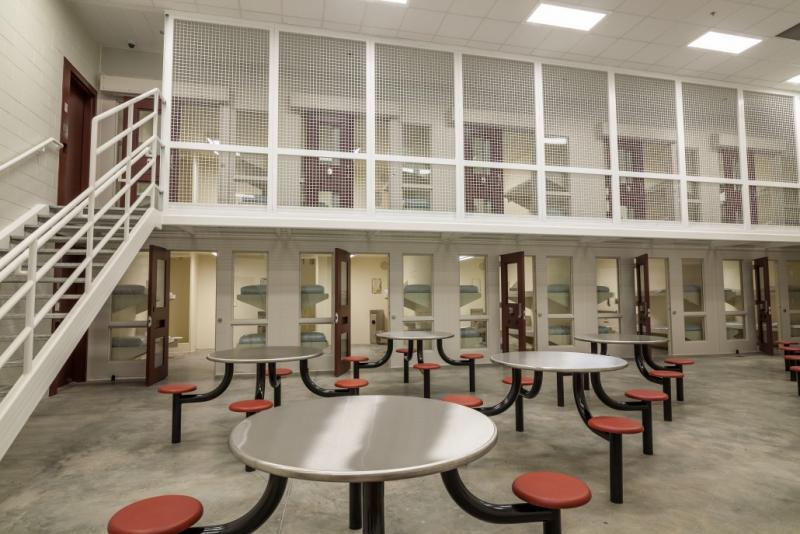
The Michigan Joint Task Force on Jail and Pretrial Incarceration released long-awaited recommendations last week to reform the state’s overcrowded jails. Michigan’s jail populations have rapidly gone up, a sign of a system that is not delivering the public safety, justice, and efficiency that people deserve.
In 2017, taxpayers spent an estimated $478 million on county jails. It’s not just that high costs are unaffordable for taxpayers, but they are a warning sign that too many people are being jailed, often for bad reasons, and reform is needed.
The data-driven recommendations from the Joint Task Force on Jail and Pretrial Incarceration offer an extensive set of reforms needed to create the more efficient, effective, and affordable jails that Michigan communities deserve.
The reforms include:
Ending the practice of suspending driver’s licenses for offenses that aren’t related to safe driving, like owed court debt. Driving without a valid license was the third most common reason for admissions to a correctional facility. Reform in this area would mean people can get to work to pay their fines, and don’t rack up criminal charges and lose the ability to hold a job because of a lack of means.
Decriminalizing low-level traffic misdemeanors. Low level offenses that currently entangle people in the criminal system that pose no risk to the community can be better handled by traffic courts.
Taking into account one’s ability to pay when imposing fines. Fines are meant to be a punishment first, not a revenue raising tool. It makes sense to limit the amount of fines to something an offender can reasonably be expected to pay. Imposing an exorbitant fine that an offender can never reasonably pay ties them to the criminal justice system in perpetuity.
Diversion for behavioral, mental health issues. With addiction driving so many people into jails, diversion that gets people with mental health and addiction issues into programs that can help is a needed reform.
More alternatives to arrest for police officers. Allowing officers to use appearance tickets when arrest and jail are not warranted for the suspected crime is a smart step that empowers police, and avoids pulling people into the jail system unnecessarily.
Caps on jail time for technical parole violations. The possibility of being jailed is important to incentivize people who are on parole to keep up with their obligations. However, that should be weighed against the unintended consequences (losing a job for instance) for otherwise well-behaved parolees.
Defendants must be tried within 18 months of arrest. Ensuring the justice system delivers speedy trials and people are not left in jail for extended periods of time is a win for liberty and safety. Extended jail time can make people more likely to commit future crimes.
Improved data collection. It is vital taxpayers know what is happening in the criminal justice system. Better data collection accomplishes this, and it is also critical to tracking the impact of reforms. If something is not working as anticipated, citizens and legislators should know quickly, and be able to act with confidence.
There are a couple areas that are left to counties that will be important for the counties to implement in the right way. The task force recommends bail reform, with release unless the court determines that a defendant poses a risk to the community, themselves, a flight risk, or has committed certain crimes (violent or against children). Counties will have to ensure effective risk assessment fills in where reliance on cash bail is reduced to ensure public safety is not put at risk.
Michigan residents have every reason to be excited about the task force recommendations. Now, the road to reform turns toward hammering out legislation. ATR looks forward to working with the legislature to ensure the best version of these proposals becomes law.

